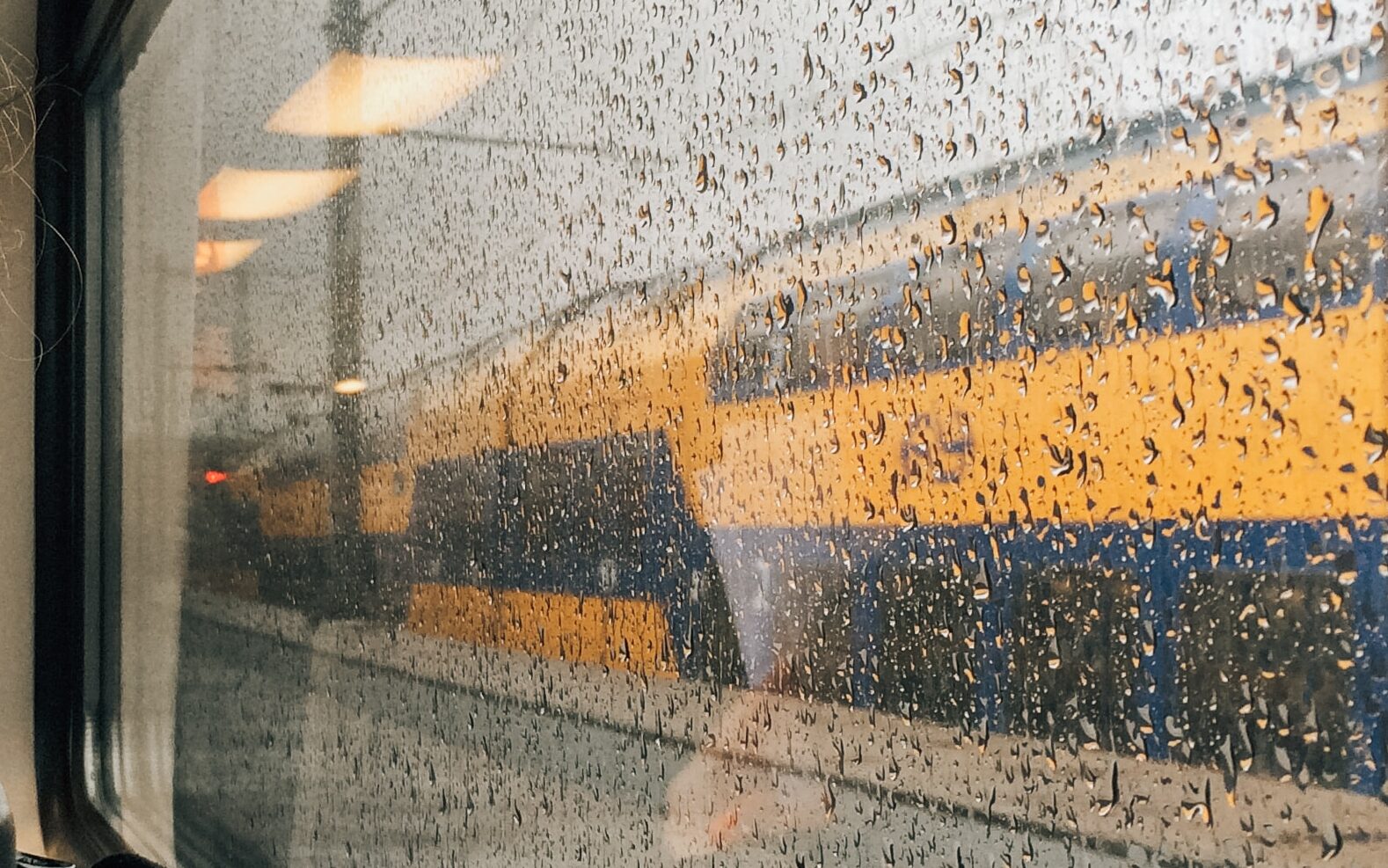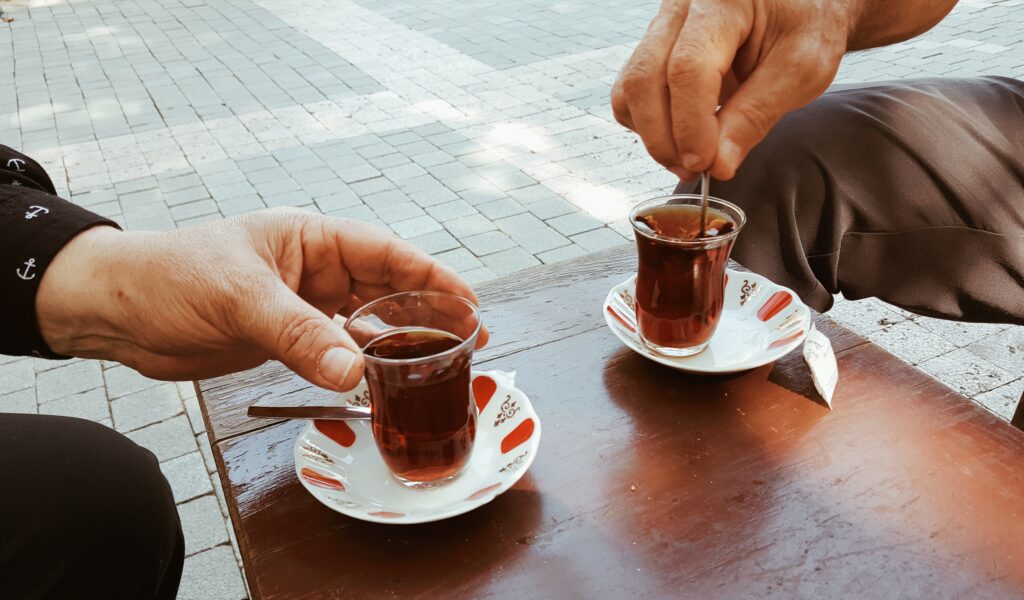Life in the Netherlands
by Mahmoud Saeed
It’s like escaping from the prison of your own country to a smaller prison with a few more privileges.
It was quite strange when I woke up one morning and saw that the ceiling above me looked completely different from what I was used to seeing. Also, I didn’t hear my wife saying her usual “Good morning, did you sleep well?” It took a few minutes for me to realize I wasn’t at home. It took even longer to figure out where I was. When I looked out the window, I saw heavy rain falling, even though it seemed like daytime. I checked the clock, and it was nine o’clock in the evening!
Suddenly, I remembered I was in the lowlands, the country we learned about in geography and history lessons. An alarm went off in my head, and I knew I wouldn’t see my family for a long time, including my wife. I went back to bed, just staring at the strange ceiling for a while before hiding it behind a pillow.

The Journey
The journey from Den Haag, passing through Zwolle and then Emmen to Ter Apel, took more than five hours. Despite the beautiful scenery, all I saw were raindrops on the train window. My mind was with my family back in my homeland.
When I entered an official office for the first time, I experienced hospitality from people I didn’t know, and they didn’t know where I was from until I filled out some forms. Their treatment didn’t change even after that. It was the IND office.

Eating a new type of food every day was a new experience for me. We got food I’d only heard about in quizzes, like “What’s Morocco’s famous dish?” Once, I had spinach, and it made me feel like Popeye. I imagined going home to see my loved ones, even for a short while. I chuckled at my own thoughts. I finished the spinach, even though I didn’t like it. It was the only option that day at the asylum center.
It’s strange that they only offer one option each day. People here come from more than ten countries, each with its own food culture. A cup of tea was the only common denominator between us, and I drank it while looking through the window glass as it drew lines of raindrops.
Welcome on Board
The transit camp, especially when it’s a ship anchored on the bank, is full of strange contradictions. You have to do everything yourself, except for the cooking, which is done by the cooks and crew on the ship. It is also the thing you don’t have anything to say about. Do you have an appointment? It better not be during meal times, or you’ll have to buy your own meal. Did you fall asleep and miss dinner? That’s alright, breakfast is in 15 hours.
A cup of tea was the only common denominator between us.
You’re in an open prison until your fate is decided. It’s like escaping from the prison of your own country to a smaller prison with a few more privileges. Patience is the key to surviving and the reason for escaping.
You Must Fight
Behind the genuine smiles of the COA employees and their willingness to help with your problems, there’s a hidden indifference to your issues. Their initial response is usually negative, maybe to make sure your claim is true. I don’t blame them entirely; they’ve probably dealt with many false complaints and are trying to protect their procedures. Not everyone is the same, after all.
